To make the best use of the Galileo services, users rely on much more than the satellites orbiting the Earth at an altitude of 23.000km. Dedicated facilities such as the Galileo Control Centres (GCCs), sensor and uplink stations are some of the most important components that make up the so-called ‘’Galileo Ground Segment’’ the role of which is to support the service provision of Europe’s own Global Navigation Satellite System. An important element of the Galileo Ground Segment is the Galileo Sensor Stations.
So, what are GSSs and why are they important to the constellation?
The Galileo Sensor Stations (GSS) is a network of antennas deployed at remote sites located around the world. They have small omnidirectional receiving antennas around just 50 cm high, and their role is to check the accuracy and signal quality of individual satellites in real-time and to pinpoint current satellite orbits.
These measurements are transmitted via secure satellite communications to the Galileo Control Centres in Fucino, Italy. Here they serve as the basis of a set of corrections – accounting for timing or orbital slips – to be uplinked to the satellites via a network of 3m-diameter uplink stations. This is then rebroadcasted within navigation messages to users, currently updated every 50 minutes.
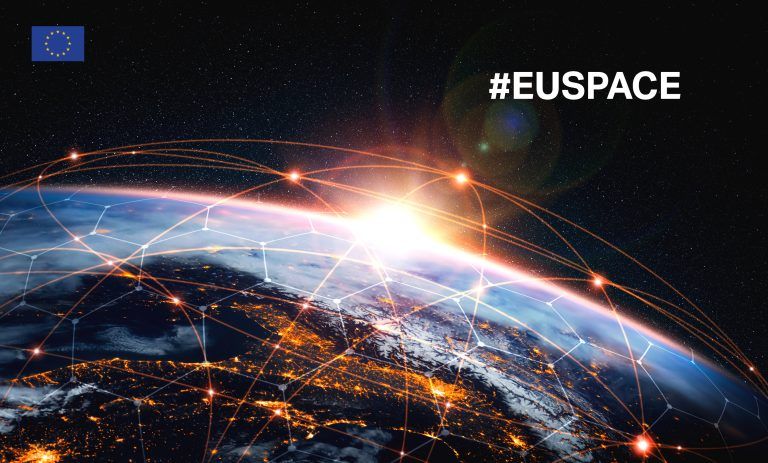
EU Space is the key to disaster risk management and response
|
A thorough process
Establishing the GSS is not an easy procedure, and it requires meticulous attention as well as security accreditation by the Security Accreditation Board (SAB) of EUSPA.
The decision for the new location was made in June 2020 but due to the COVID pandemic, deployment began only in summer 2022. In October 2022, the second mission to Wallis and Futuna took place to complete the deployment of the GSS and connect it to the Ground Mission Segment network for data collection.
“EUSPA has been significantly upgrading the ground segments of both Galileo and EGNOS to ensure optimum performance Europe’s satellite navigation systems,” says EUSPA Executive Director, Rodrigo da Costa. “Wallis and Futuna are a strategic location which allows us to increase the coverage of Galileo in the southern hemisphere” he concluded.
Check out this map to learn more about Galileo sensors and stations across the globe.
More information: EUSPA

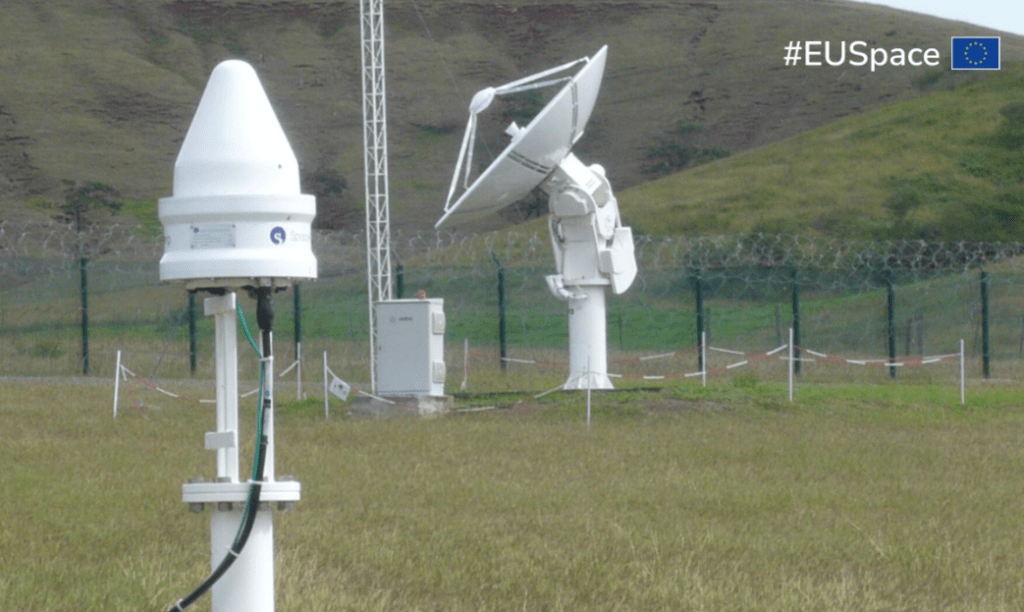
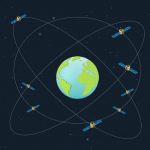
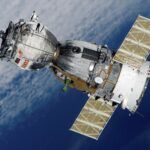

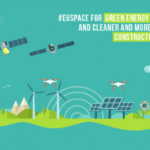

Leave a Reply